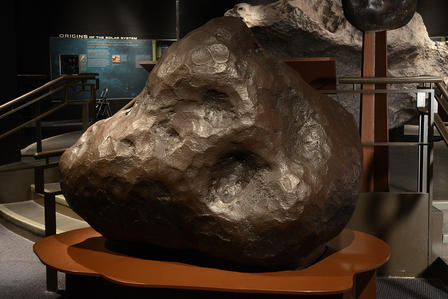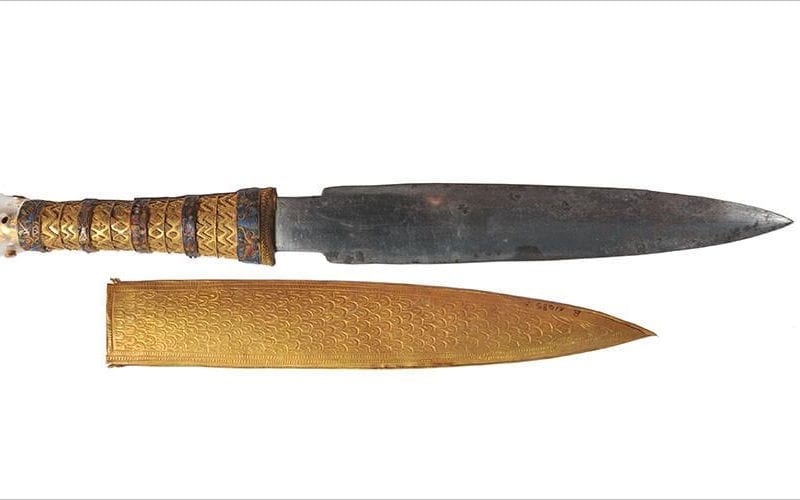The trope of a sapient species (most often elves) that is allergic to/poisoned by iron is a common one in fantasy works; however, there are quite a few ways to make serviceable cutting tools without iron or steel once you have enough metallurgical knowledge under your belt.
However, before iron tools were ever a thing, copper and its alloys were the go-to toolmaking materials. Copper was developed and alloyed first as it can be simply refined from its ores or obtained natively on occasion, and is easily worked and alloyed with relatively crude tools compared to what it requires to make even decent quality iron.
This leads me to a question: how would a sapient species which can't handle copper develop tool metallurgy? Are there alternate routes they could take to get to the point of being able to work iron, or would they be forever stuck in the Stone Age, unable to get past their own aversions to copper?


